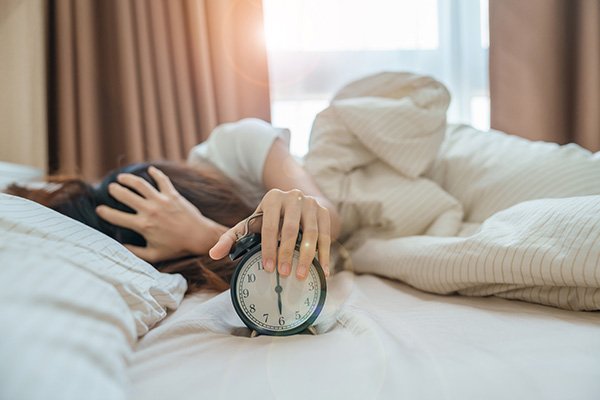Why Does Anxiety Feel Worse in the Morning—and How Can Therapy Help?
If you’ve ever woken up with a racing heart, a pit in your stomach, or a sense of dread before the day even begins, you’re not alone. Many teens and young adults experience heightened anxiety in the morning, even when there isn’t an obvious reason for it. Morning anxiety can feel overwhelming and frustrating—especially when you just want to start your day on a positive note. So, why does anxiety feel worse in the morning, and what can you do about it?
Why Does Anxiety Peak in the Morning?
Anxiety in the morning can happen for several reasons, including biological, psychological, and lifestyle factors. Understanding these causes can help you recognize patterns and take steps to manage your anxiety.
1. Cortisol Levels Are Higher in the Morning
Cortisol, often called the “stress hormone,” is naturally at its highest levels in the morning. This is part of your body’s way of helping you wake up and get moving, but for people prone to anxiety, a surge in cortisol can trigger feelings of stress, worry, or panic before the day even begins.
2. Overthinking Before the Day Starts
If you struggle with anxiety, you may wake up already anticipating challenges, responsibilities, or social interactions ahead. Your mind may start racing with “what-ifs,” making it difficult to start your day calmly and confidently.
3. Poor Sleep or Disrupted Rest
Not getting enough sleep—or experiencing restless, light sleep—can make anxiety feel worse. Your brain and body need quality rest to regulate emotions, and when you wake up already exhausted, it can amplify feelings of stress and unease.
4. Blood Sugar Drops Overnight
When you sleep, you go several hours without eating, which can cause your blood sugar levels to drop. For some people, this can lead to symptoms like dizziness, shakiness, or irritability—all of which can contribute to or worsen anxiety in the morning.
5. Avoidance of Stressful Situations
If you’ve been avoiding school, work, social events, or other responsibilities because they make you anxious, waking up can bring an immediate reminder of those stressors. This avoidance can create a cycle of increased anxiety in the mornings.
How Can Therapy Help with Morning Anxiety?
The good news is that anxiety—whether it’s in the morning or throughout the day—is treatable. Therapy can help you better understand your anxiety, develop coping strategies, and create a more peaceful morning routine.
1. Identifying Triggers and Thought Patterns
Cognitive Behavioral Therapy (CBT) is one of the most effective approaches for anxiety. A therapist can help you recognize negative thought patterns, challenge irrational fears, and replace them with more balanced, realistic thoughts.
2. Developing a Morning Routine That Works for You
Therapy can help you design a morning routine that sets you up for success. This might include:
Practicing deep breathing or mindfulness exercises before getting out of bed.
Eating a balanced breakfast to stabilize blood sugar.
Avoiding phone or social media use first thing in the morning.
Creating a structured plan for your day to reduce uncertainty.
3. Learning Relaxation and Grounding Techniques
Therapists can teach relaxation techniques, such as:
Progressive muscle relaxation to release physical tension.
Guided imagery or visualization exercises.
Journaling to process thoughts and emotions before they spiral.
4. Addressing Underlying Stress and Anxiety Disorders
Sometimes, morning anxiety is a symptom of a deeper issue, such as generalized anxiety disorder, social anxiety, or panic disorder. Therapy can help uncover and address these underlying concerns, providing long-term relief rather than just temporary fixes.
5. Encouraging Lifestyle Changes That Reduce Anxiety
Therapists often work with clients to implement lifestyle changes that support mental well-being. This might include improving sleep habits, adjusting diet and exercise routines, and finding ways to reduce overall stress levels.
You Don’t Have to Start Every Day with Anxiety
If morning anxiety is making it hard to get through your day, you’re not alone—and you don’t have to figure it out by yourself. Working with a therapist can help you develop the tools and confidence you need to start your mornings (and your life) with more peace and less worry.
At Insights Counseling Center, we specialize in helping teens and young adults navigate anxiety, stress, and life transitions. If you’d like support in managing morning anxiety and improving your overall well-being, reach out to schedule a session today.

